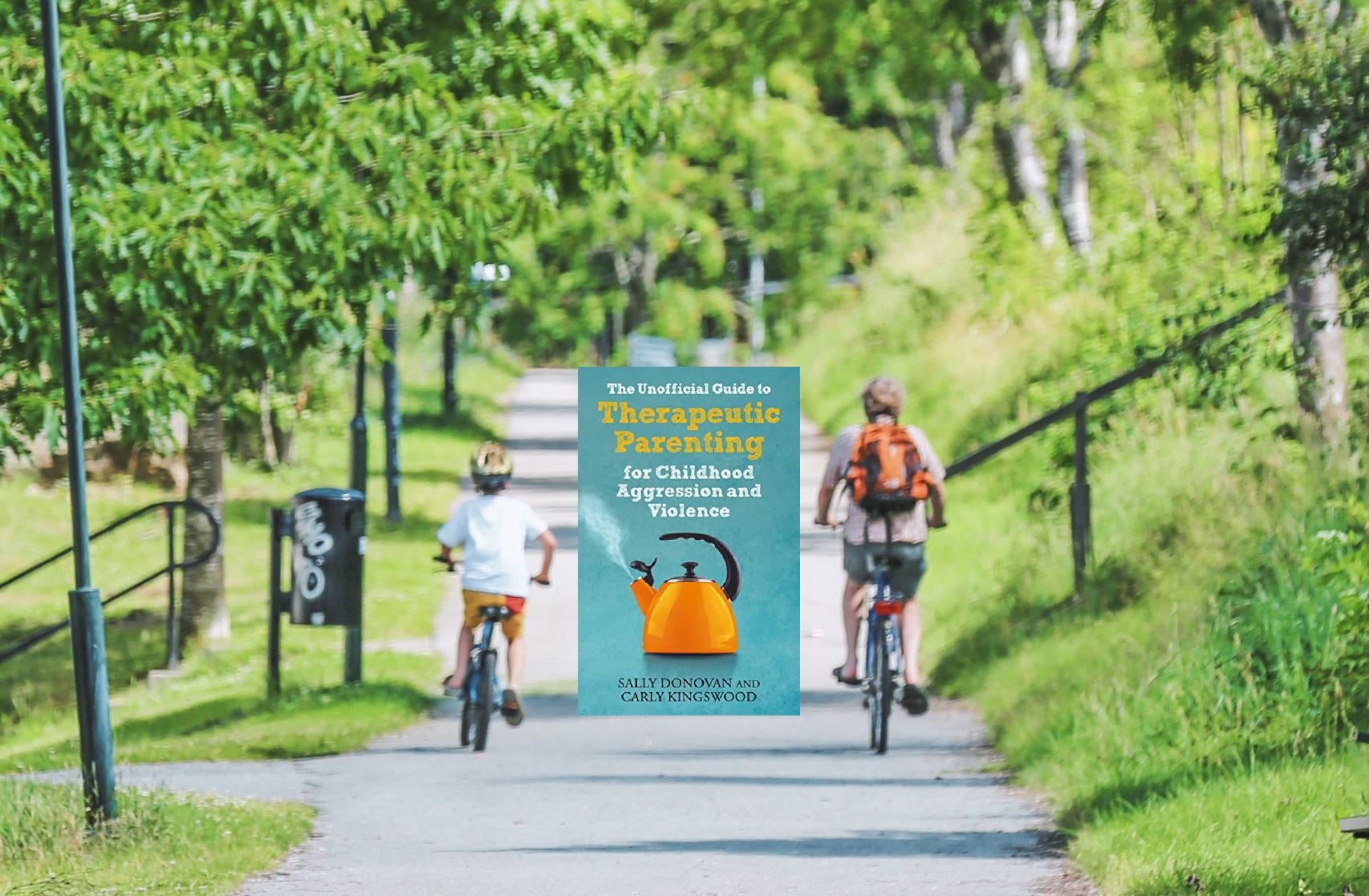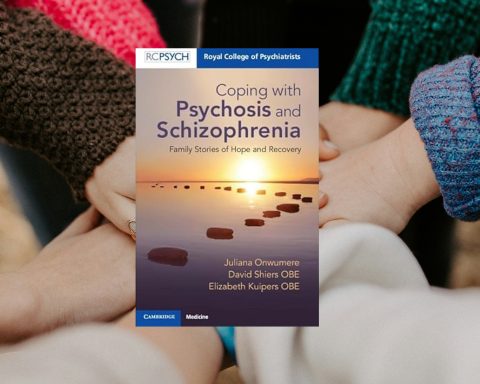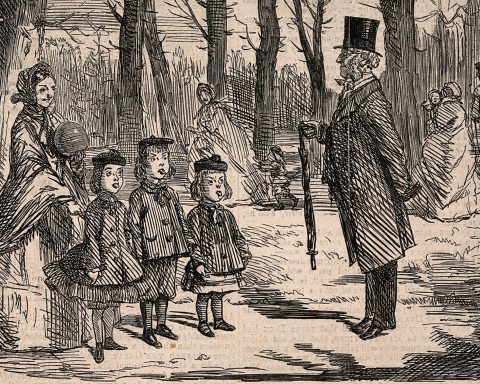
Tim Senior is a UK trained GP working in Aboriginal and Torres Strait Islander health in Australia. He is on X: @timsenior
Every so often our value to our patients shines through. “…And I said to the specialist I’m not starting your tablet until I’ve discussed it with my doctor!” I can’t help smiling on the few occasions I hear this. But in a world where general practice was really valued for what we contribute to the health system and to our communities, wouldn’t this be common, wouldn’t most of our patients be saying this?
My colleagues and I regularly tell people that general practice should be valued properly, and this often means funding it properly. But I wonder if we’ve got this backwards. For the most part funding follows value, it doesn’t create value in people’s minds. I started to notice the lack of value. On a webinar for GPs already accredited to provide antenatal shared care, there was an underlying assumption that we knew nothing. In a workshop very accepting of the role of GPs, we were being told how to have “difficult conversations” with GPs, despite no evidence that we weren’t already having those conversations. Our role was seen as doing conversations then referring to more expert people. (This meeting started with the GPs in the room saying they really didn’t want the outcome to be more webinars for GPs, but one of the outcomes suggested was more webinars for GPs.)
I realised how much we had internalised this as a profession when I was reading suggestions from one of my own professional bodies that we really needed more training on expanding telehealth, even though GPs had been at the forefront of implementing the biggest, quickest switch to telehealth our health system had ever seen at the beginning of the Covid pandemic. Weren’t we the experts? Shouldn’t we be providing the training?
It’s liberating to imagine a world where GP expertise is recognised and valued. We can start right at the beginning of the Deep End GP meetings.
Imagine that! A world with no more reports saying “GPs should…” but lots of “Hey, GPs, do you think this would be useful, if so, how can we support you to do it?”
“The group made three early decisions. First, it would not replicate the many previous reports on inequalities in health… Second, it would not issue general practitioners with a ‘toolkit’, the approach of technocrats, which assumes that general practitioners only need to be told what to do. Third, it would listen to what general practitioners from the front line had to say.”1
Imagine that! A world with no more reports saying “GPs should…” but lots of “Hey, GPs, do you think this would be useful, if so, how can we support you to do it?”
We’d have education and teaching provided by GPs according to what we wanted to learn. Occasionally a non-GP specialist might teach us, but there would be a broad awareness that they see a different selection of patients – ones that we select out for them. Often they don’t see our patients at all.
On the other hand, GPs would usually be involved in the teaching of non-GP specialists, recognised for our expertise in early diagnosis, screening, preventive care, chronic disease management, multimorbidity, running a consultation, communication skills, use of e-health – all essential for non-GP specialists. We’d be called from the hospital asking for our advice managing the complex conditions of our patients.
In this fantasy world, medical students and registrars clamour for placements at the best practices, and those placements feature prominently on their CVs. Our patients would say to their specialist, “I’ve got an expert GP in this field, please make sure you get her advice.”
Maybe then the money follows the value, and as funding increases, the number of suggested webinars goes down.
Reference
- Watt, G. (Ed.). (2018). The Exceptional Potential of General Practice: Making a Difference in Primary Care (1st ed.). CRC Press. https://doi.org/10.1201/9780429427640
Disclaimer: I facilitate numerous webinars for GPs and I am happy to continue doing so, reserving the right to put an expert GP perspective during these webinars!








